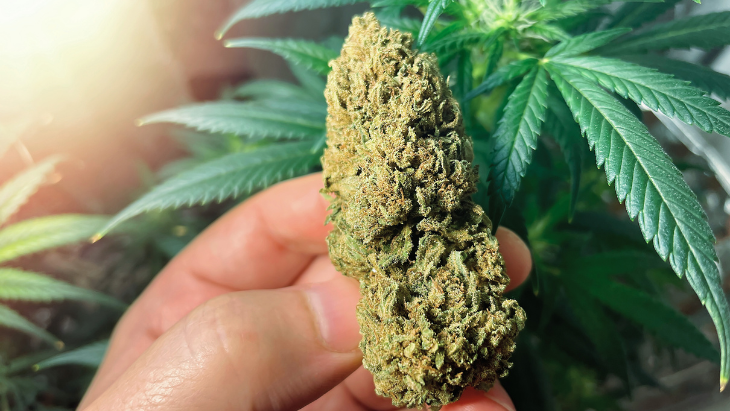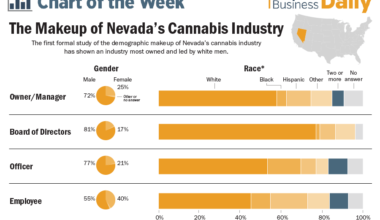Ten months after the Biden administration requested the Department of Health and Human Services “to initiate the administrative process to review expeditiously how marijuana is scheduled under federal law,” Secretary Xavier Becerra confirmed that the agency has recommended cannabis be removed from its Schedule I classification and placed in a lower schedule. While the explicit details of HHS’ recommendation are not public, reporting last week by Bloomberg News says that the agency is suggesting that cannabis be moved to Schedule III of the federal Controlled Substances Act.
While some entities, particularly those involved in the commercial cannabis industry, have lauded the proposed change as a “giant” step forward, others – like myself – have been far more restrained.
Cannabis Must Be Descheduled
Here’s why.
First, reclassifying cannabis to a lower schedule within the CSA continues to misrepresent the plant’s safety relative to other controlled substances such as anabolic steroids and ketamine (Schedule III), benzodiazepines (Schedule IV), or even alcohol, which is unscheduled.
Second, moving cannabis to Schedule III is out of step with public and cultural consensus. Americans don’t want cannabis treated like heroin, like it is now. Still, they also don’t want it treated like a Schedule III substance like ketamine, which is only legal to possess with a physician’s prescription.
Third, and most importantly, this proposed change does little to address the widening divide between state-legal marijuana laws and federal law. Every state law that is currently in conflict with federal law today will remain in conflict with federal law going forward when or if the Administration reclassifies cannabis as a Schedule III substance.
That is why, historically, NORML has called for descheduling cannabis — removing it from the Controlled Substances Act altogether — thereby providing state governments rather than the federal government the ability to regulate marijuana as they see fit, without violating federal law.
Our Common Sense Message Is Resonating
Over the past few days, I’ve consistently promoted NORML’s call for descheduling cannabis to dozens of mainstream media outlets, including The Associated Press, The Washington Post, UPI, and PBS, reaching millions of people. On Thursday, I appeared live on CNN, saying: “Tobacco and alcohol are not in the Controlled Substances Act. Those substances are well recognized to pose far greater hazards to health than cannabis. We should treat marijuana [under the federal scheduling system] equally.”
NORML Stands With Consumers
As a grassroots organization that promotes freedom and civil liberties and represents the interests of the responsible cannabis consumer, we will continue to make the case for sensible marijuana policies like descheduling. Your support provides us with the resources we need to be your voice in Washington, DC, and to make sure your voice is heard loud and clear in the mainstream media.
Federal lawmakers are now returning from their August recess,and there is little doubt there will be more conversations than ever in the halls of Congress surrounding this issue. Your gift to NORML today ensures that you — the responsible consumer — will be heard loudly and clearly.
Related
Medical Disclaimer:
The information provided in these blog posts is intended for general informational and educational purposes only. It is not a substitute for professional medical advice, diagnosis, or treatment. Always seek the advice of your physician or other qualified healthcare provider with any questions you may have regarding a medical condition. The use of any information provided in these blog posts is solely at your own risk. The authors and the website do not recommend or endorse any specific products, treatments, or procedures mentioned. Reliance on any information in these blog posts is solely at your own discretion.






